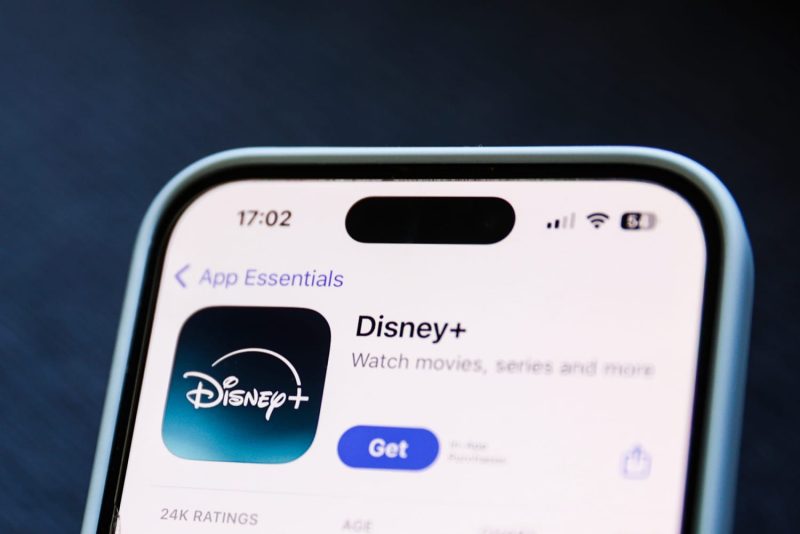 The recent antitrust ruling against Google has drawn comparisons to the major antitrust case against Microsoft in the late 1990s. In both cases, the companies were accused of using their dominance in one area to gain an unfair advantage in others.
Microsoft was accused of using its dominance in the operating system market (with Windows) to gain an unfair advantage in the browser market (with Internet Explorer), by bundling the two together. Google is currently accused of using its dominance in the search engine market to promote its own services over competitors in searches.
The Microsoft case ended with a settlement in 2001 which required Microsoft to share its application programming interfaces with third-party companies and appoint a panel of three people who would have full access to Microsoft’s systems, records, and source code for five years. However, it did not require Microsoft to break up into different companies, as was originally proposed.
Experts are now looking at this case for potential implications for the Google lawsuit. The Microsoft case set many precedents and raised many questions about how to regulate monopolies in the tech industry, which are still relevant today. It’s also similar in that it involves core aspects of the companies’ businesses; Windows for Microsoft and search for Google.
The outcomes of these cases could have significant implications for the tech industry and for how digital monopolies are regulated.
The recent antitrust ruling against Google has drawn comparisons to the major antitrust case against Microsoft in the late 1990s. In both cases, the companies were accused of using their dominance in one area to gain an unfair advantage in others.
Microsoft was accused of using its dominance in the operating system market (with Windows) to gain an unfair advantage in the browser market (with Internet Explorer), by bundling the two together. Google is currently accused of using its dominance in the search engine market to promote its own services over competitors in searches.
The Microsoft case ended with a settlement in 2001 which required Microsoft to share its application programming interfaces with third-party companies and appoint a panel of three people who would have full access to Microsoft’s systems, records, and source code for five years. However, it did not require Microsoft to break up into different companies, as was originally proposed.
Experts are now looking at this case for potential implications for the Google lawsuit. The Microsoft case set many precedents and raised many questions about how to regulate monopolies in the tech industry, which are still relevant today. It’s also similar in that it involves core aspects of the companies’ businesses; Windows for Microsoft and search for Google.
The outcomes of these cases could have significant implications for the tech industry and for how digital monopolies are regulated.
Google’s antitrust ruling has experts looking to 25-year-old Microsoft case for answers

 The recent antitrust ruling against Google has drawn comparisons to the major antitrust case against Microsoft in the late 1990s. In both cases, the companies were accused of using their dominance in one area to gain an unfair advantage in others.
Microsoft was accused of using its dominance in the operating system market (with Windows) to gain an unfair advantage in the browser market (with Internet Explorer), by bundling the two together. Google is currently accused of using its dominance in the search engine market to promote its own services over competitors in searches.
The Microsoft case ended with a settlement in 2001 which required Microsoft to share its application programming interfaces with third-party companies and appoint a panel of three people who would have full access to Microsoft’s systems, records, and source code for five years. However, it did not require Microsoft to break up into different companies, as was originally proposed.
Experts are now looking at this case for potential implications for the Google lawsuit. The Microsoft case set many precedents and raised many questions about how to regulate monopolies in the tech industry, which are still relevant today. It’s also similar in that it involves core aspects of the companies’ businesses; Windows for Microsoft and search for Google.
The outcomes of these cases could have significant implications for the tech industry and for how digital monopolies are regulated.
The recent antitrust ruling against Google has drawn comparisons to the major antitrust case against Microsoft in the late 1990s. In both cases, the companies were accused of using their dominance in one area to gain an unfair advantage in others.
Microsoft was accused of using its dominance in the operating system market (with Windows) to gain an unfair advantage in the browser market (with Internet Explorer), by bundling the two together. Google is currently accused of using its dominance in the search engine market to promote its own services over competitors in searches.
The Microsoft case ended with a settlement in 2001 which required Microsoft to share its application programming interfaces with third-party companies and appoint a panel of three people who would have full access to Microsoft’s systems, records, and source code for five years. However, it did not require Microsoft to break up into different companies, as was originally proposed.
Experts are now looking at this case for potential implications for the Google lawsuit. The Microsoft case set many precedents and raised many questions about how to regulate monopolies in the tech industry, which are still relevant today. It’s also similar in that it involves core aspects of the companies’ businesses; Windows for Microsoft and search for Google.
The outcomes of these cases could have significant implications for the tech industry and for how digital monopolies are regulated.

